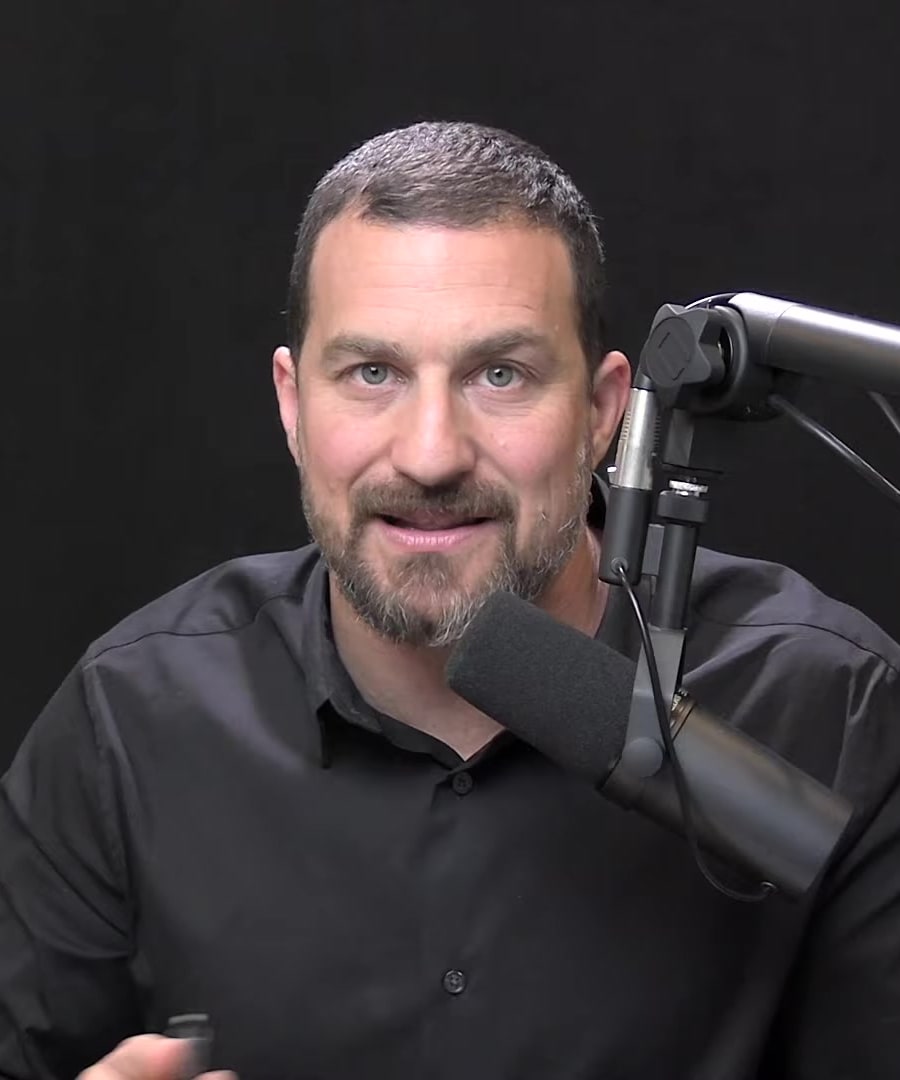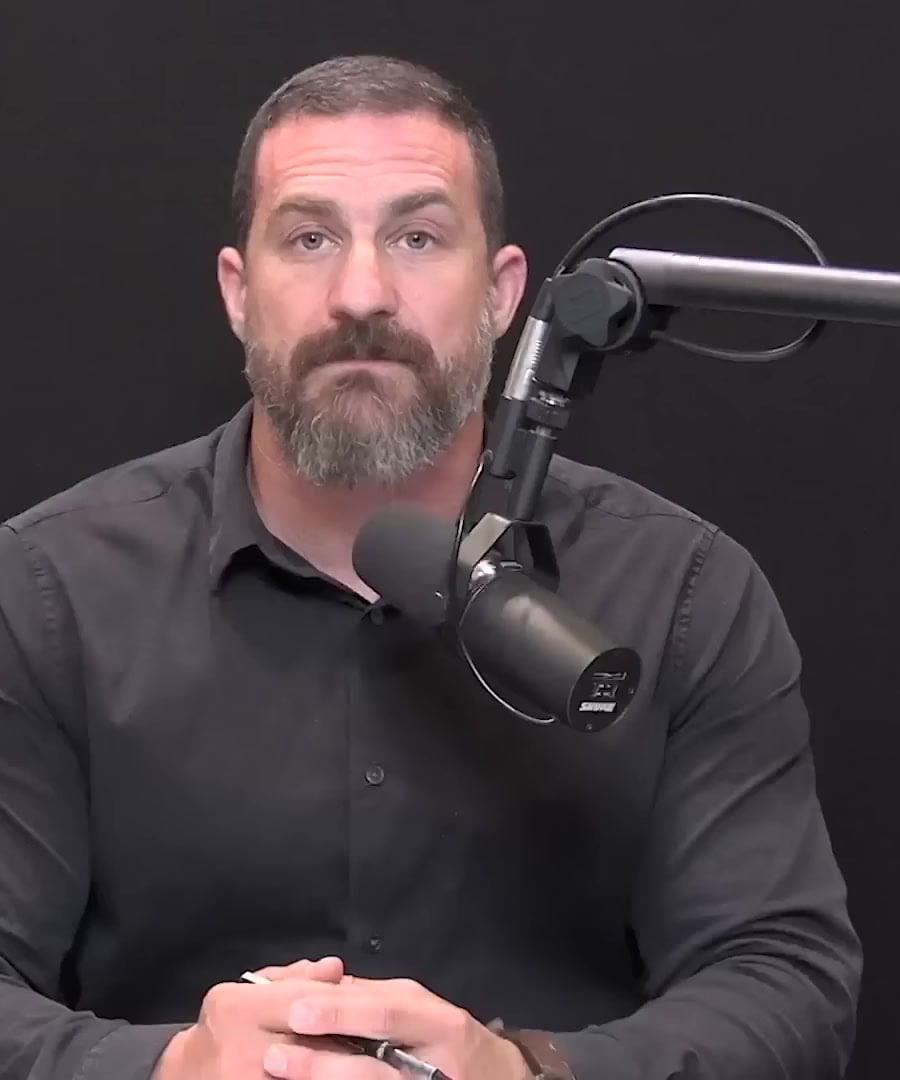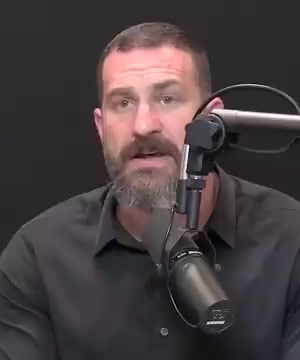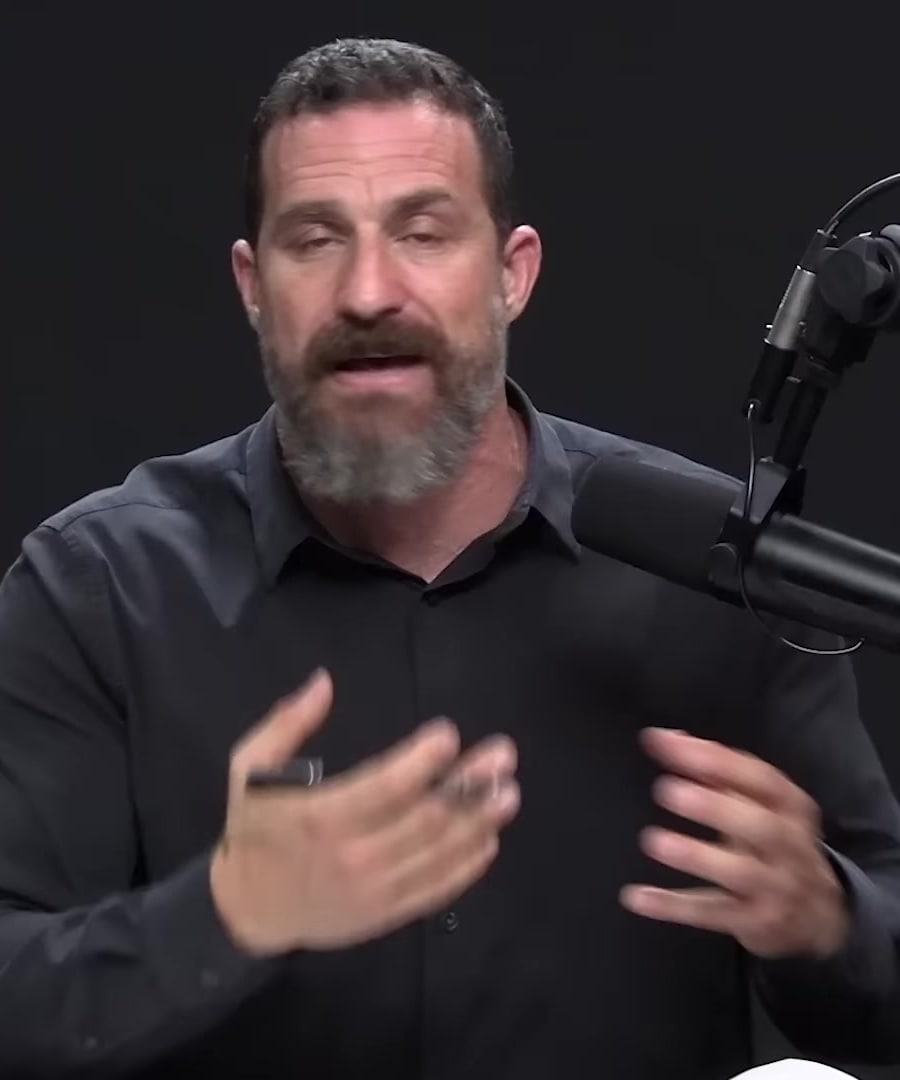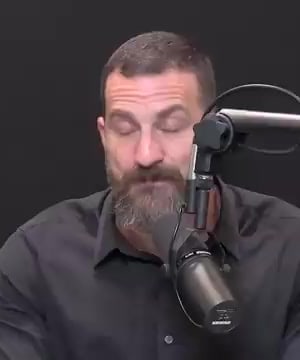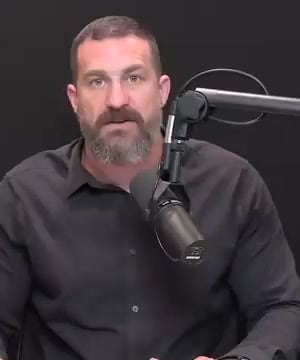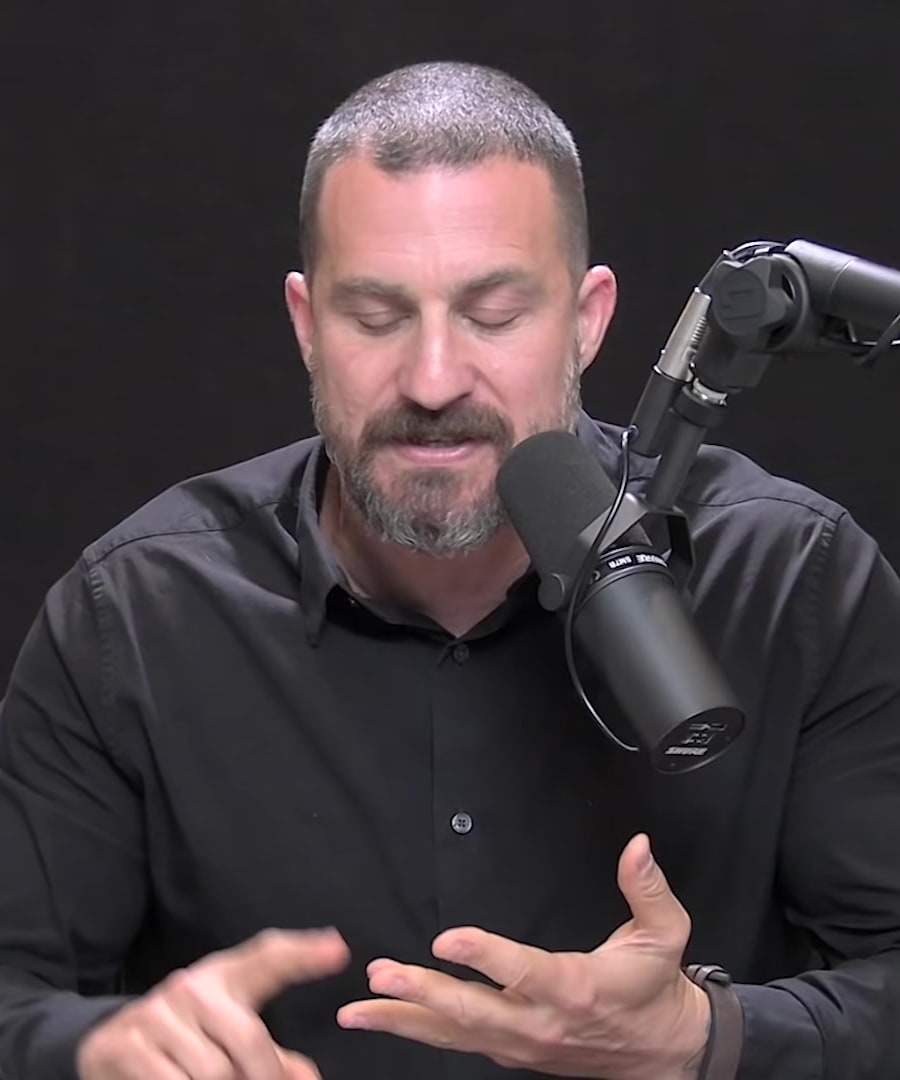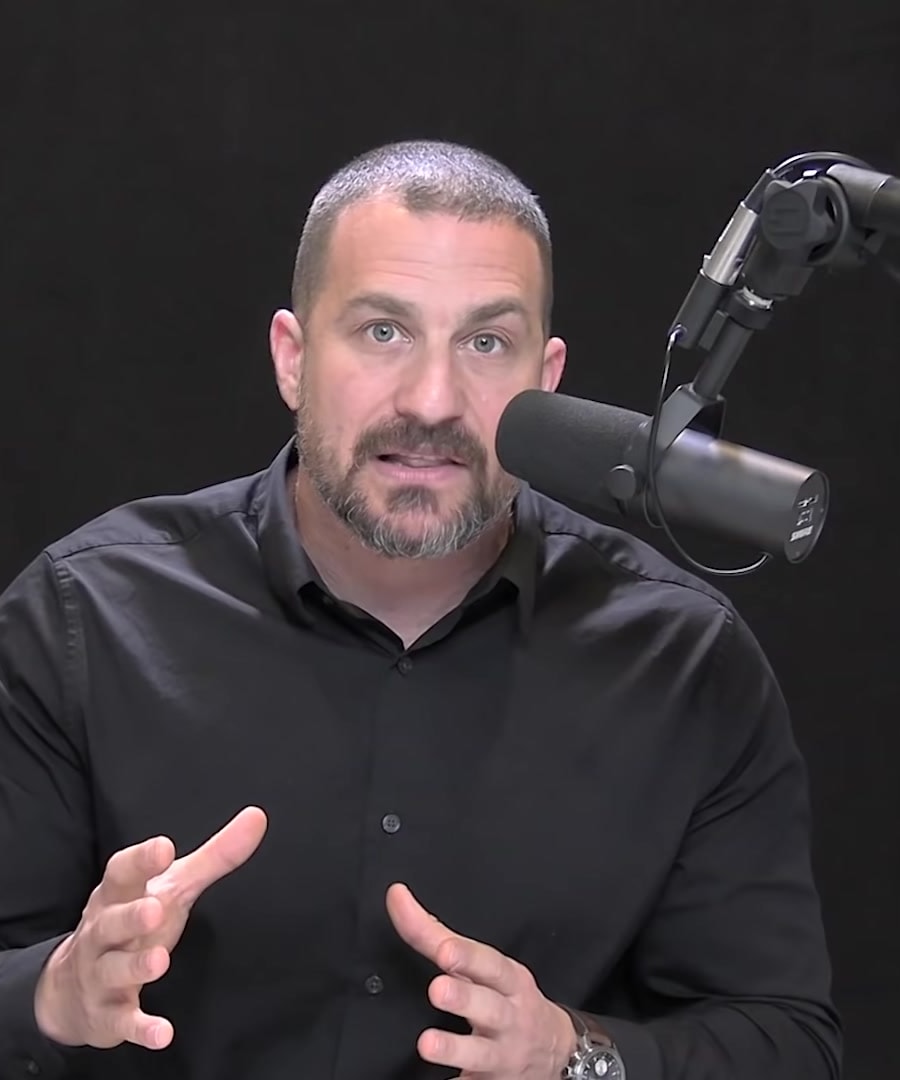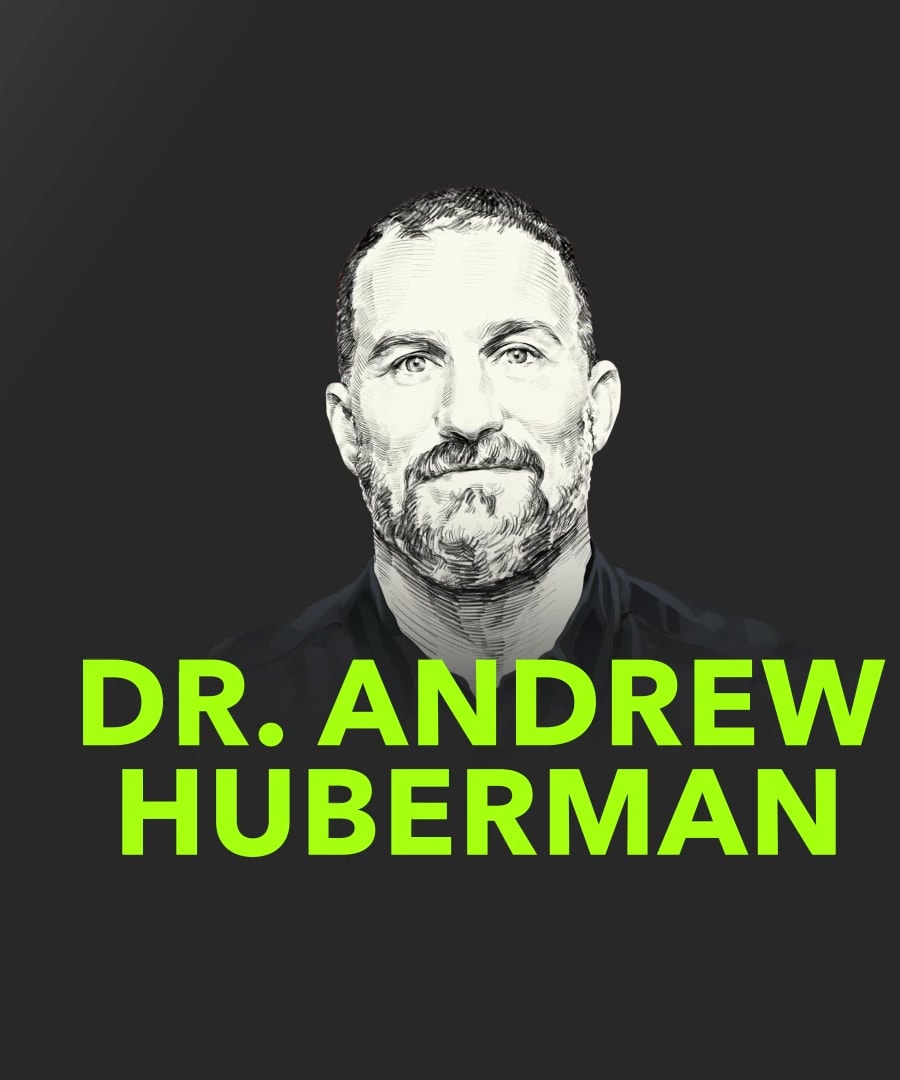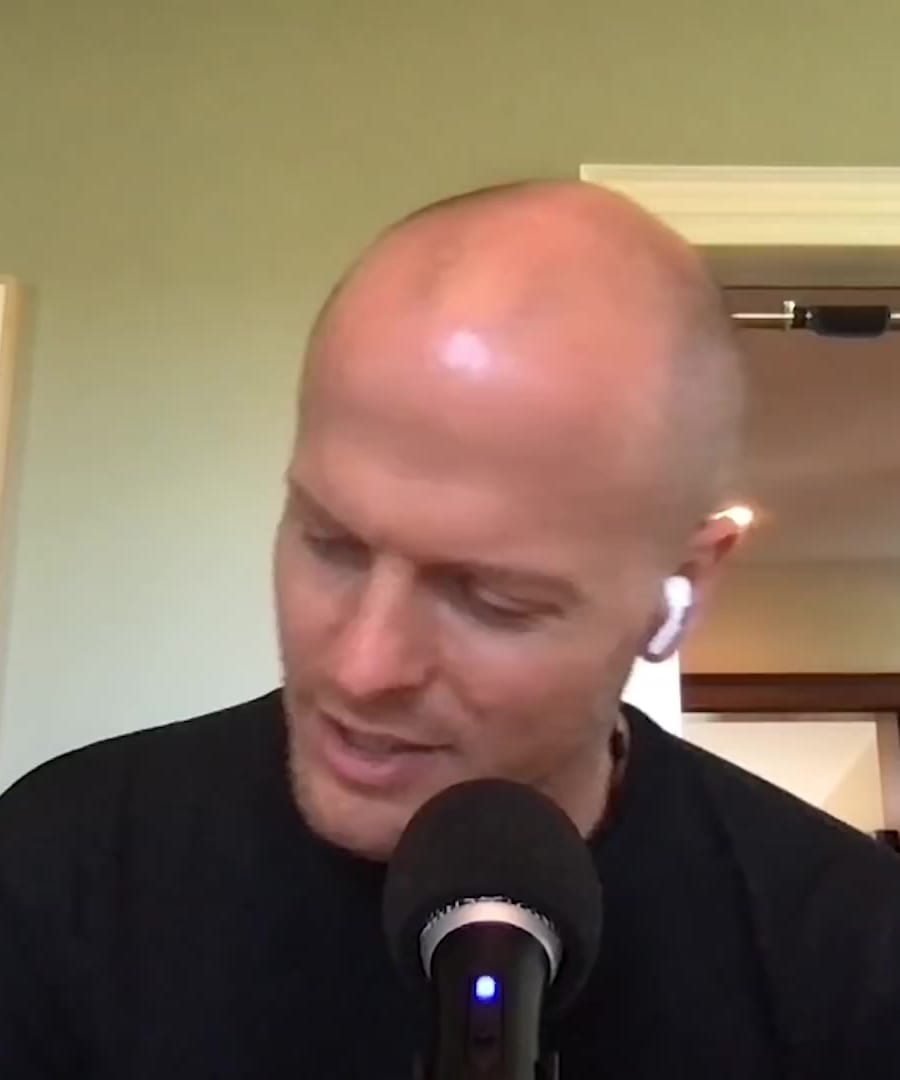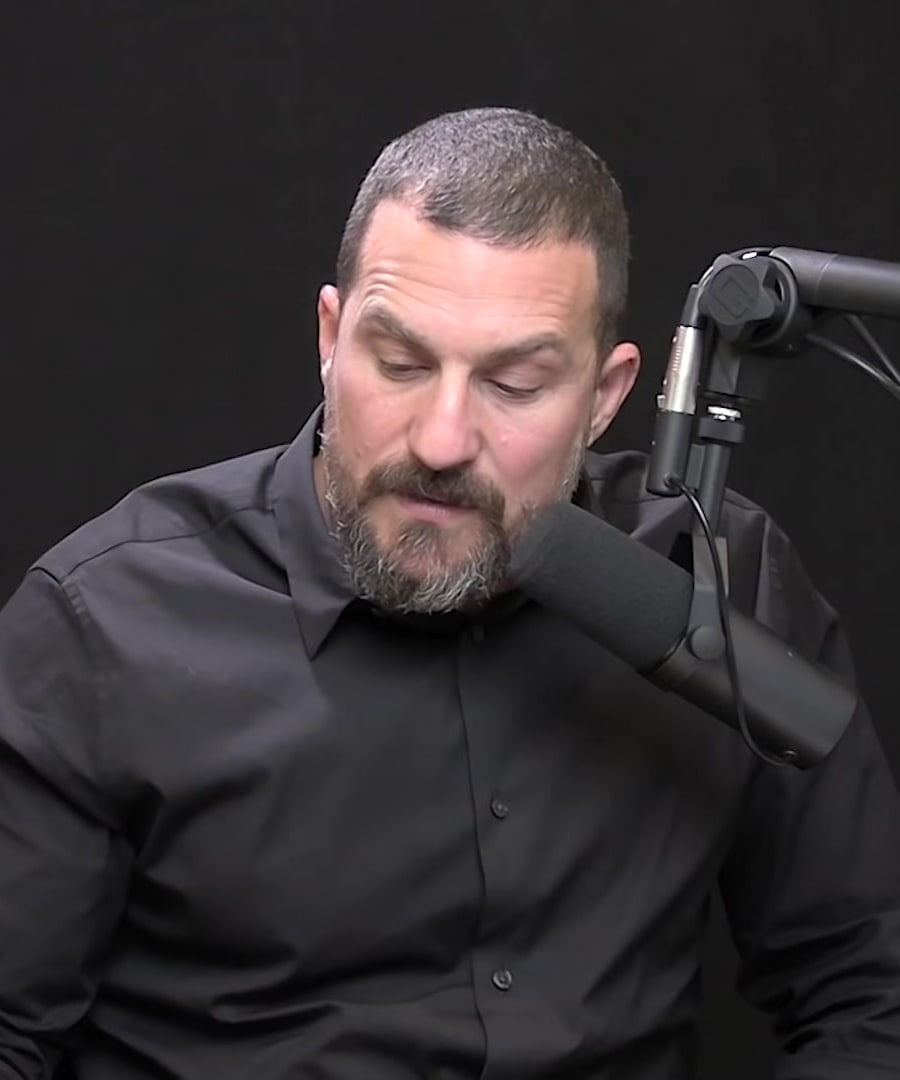What protocols can I use to mitigate the effects of sleep deprivation
Sources:
To mitigate the effects of sleep deprivation, advocates for several protocols, most notably Non-Sleep Deep Rest (NSDR) protocols. NSDR includes practices like hypnosis and yoga nidra, which are designed to help the brain and body enter a state of deep relaxation and can assist in falling back asleep or to recover some of the benefits of sleep that might have been missed. NSDR can be particularly useful if you're waking up in the middle of the night and struggling to fall back asleep, or even during the day as a way to teach your nervous system to calm down 1 2 3.
Additionally, exercise, even when sleep deprived, can offer some benefits, particularly if done early in the day to avoid further disrupting your sleep schedule. It may make compensatory adjustments in immune system function and blood sugar regulation that mitigate some of the detriments associated with a lack of sleep 4.
Finally, if you're sleep deprived, there are certain practices you can implement to help you concentrate and focus better. NSDR is again mentioned as effective for this purpose, as it can be restorative and sort of simulate some of the benefits of sleep, in particular the restoration of dopamine levels 5. However, stresses that these are not replacements for sleep, but rather tools to help cope with the inevitable short-term periods when optimal sleep isn't possible 6.
RELATED QUESTIONSPlease provide detailed protocols for Non-Sleep Deep Rest.
Sources:
Non-Sleep Deep Rest (NSDR) protocols are behavioral practices that guide the brain and body into a state of deep relaxation and can aid in mental recovery, enhance focus, and support neuroplasticity. Here are some detailed NSDR protocols and tips shared by :
-
General NSDR Practices:
- Meditation: There are various types of meditation that can induce NSDR, including transcendental meditation, loving kindness meditation, third eye meditation, and walking meditation.
- Yoga Nidra: This involves lying down without movement, using long exhale breathing, and following specific scripts aimed at relaxation.
- Hypnosis: A tool that can be directed and customized toward particular goals and outcomes to enhance relaxation and learning 1.
-
Accessing NSDR Protocols:
- There are free NSDR scripts available on the internet, including 10-minute NSDR scripts read by Andrew Huberman himself on YouTube, which you can find by searching for 'Huberman' and 'NSDR'.
- A specific NSDR script hosted by Virtuesan on YouTube is provided by Huberman 2.
-
Components of NSDR:
- The emphasis is on deep relaxation through a combination of practices such as long exhale breathing, body scans, and perceptual shifts from thinking and planning to pure sensation 3.
-
Usage Recommendations:
- NSDR can be beneficial if you have trouble falling asleep, wake up in the middle of the night, or have anxiety.
- It is also useful to rejuvenate for focused work.
- You can perform NSDR in the morning upon waking, during the day for recovery, or if you wake up in the middle of the night 2.
-
Yoga Nidra and NSDR Relation:
-
Neurochemical Impact:
-
Learning Enhancement:
- NSDR following 90-minute learning cycles can accelerate learning and information retention.
- It can be performed for 20-minute periods to maximize the benefits without needing additional sleep 6.
-
Optional NSDR Providers:
- Apps like Reveri offer zero-cost hypnosis protocols.
- Kelly Boys provides both yoga nidra and NSDR scripts with various durations, which can be found online 5.
For specific instruction on performing NSDR protocols, the 10-minute NSDR script read by Andrew Huberman on the Virtuesan YouTube channel would be a good starting point 2. Always use these tools responsibly and remember that they are not a substitute for professional medical advice or treatment.
RELATED QUESTIONS-
Play the 10-minute NSDR script by Andrew Huberman.
Sources:
Unfortunately, I'm not able to play audio or video content. However, you can access the 10-minute NSDR script read by by going to YouTube. has mentioned that a zero-cost NSDR protocol is available on the website, and you can find it by searching "Huberman NSDR" on YouTube 1. Please visit YouTube to listen to the NSDR script and follow along for deep relaxation.
What protocols can I use to mitigate the effects of sleep deprivation
- RELATED QUESTIONS
Please provide detailed protocols for Non-Sleep Deep Rest.
- RELATED QUESTIONS
Play the 10-minute NSDR script by Andrew Huberman.
